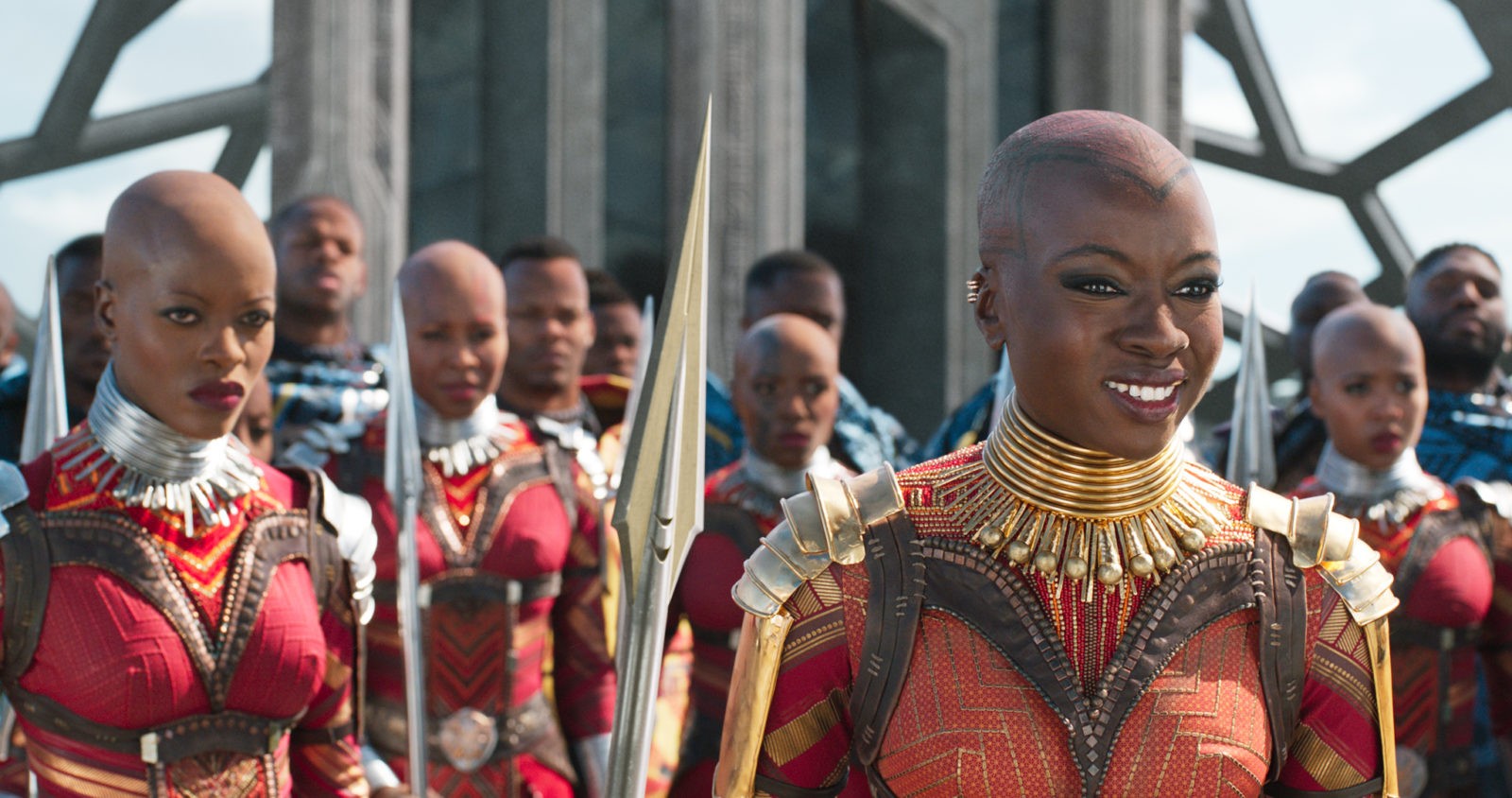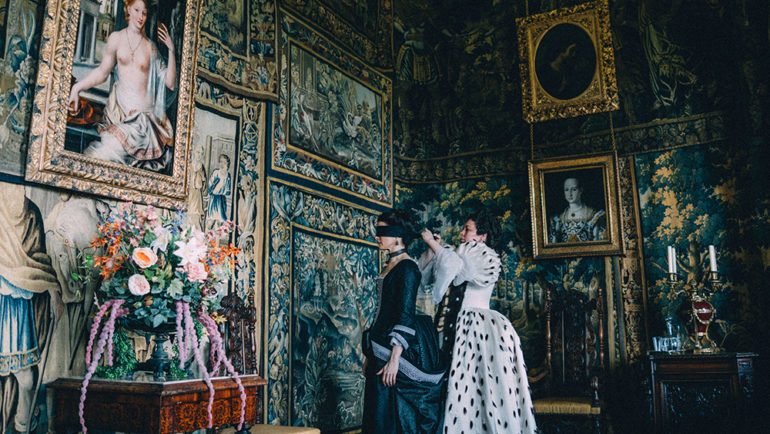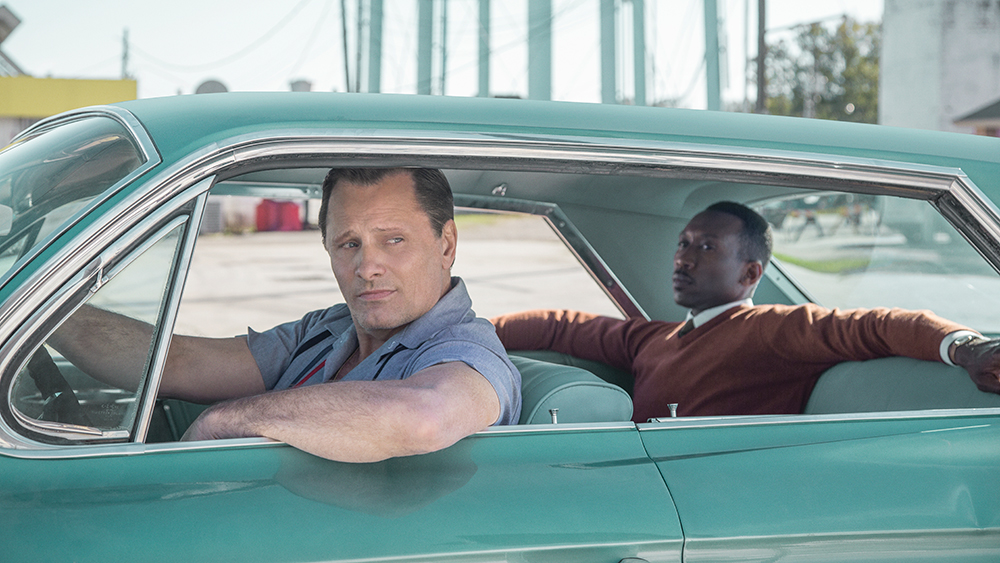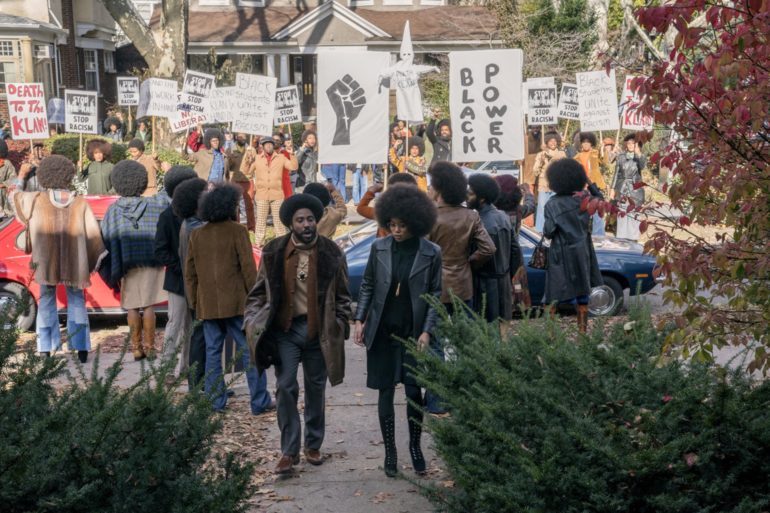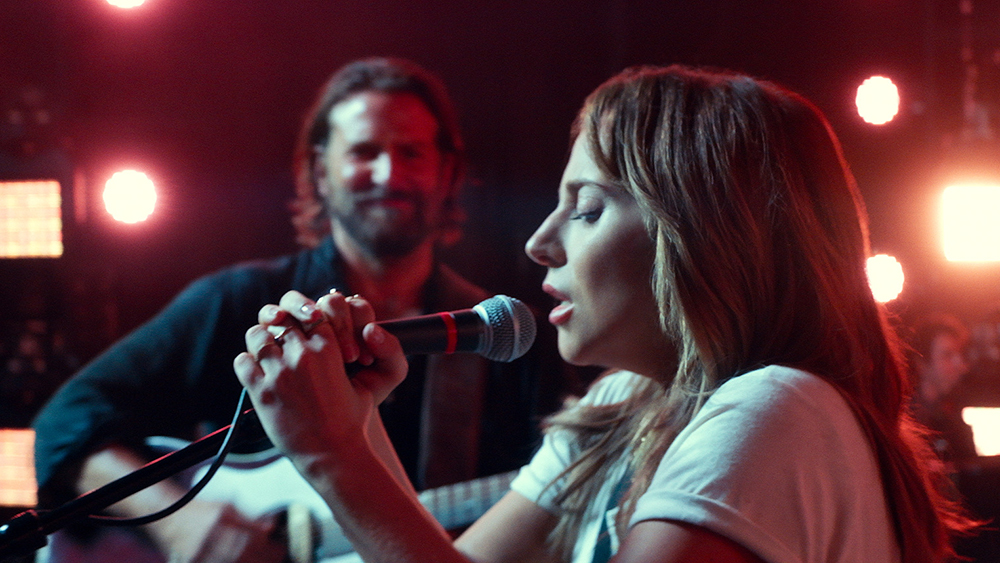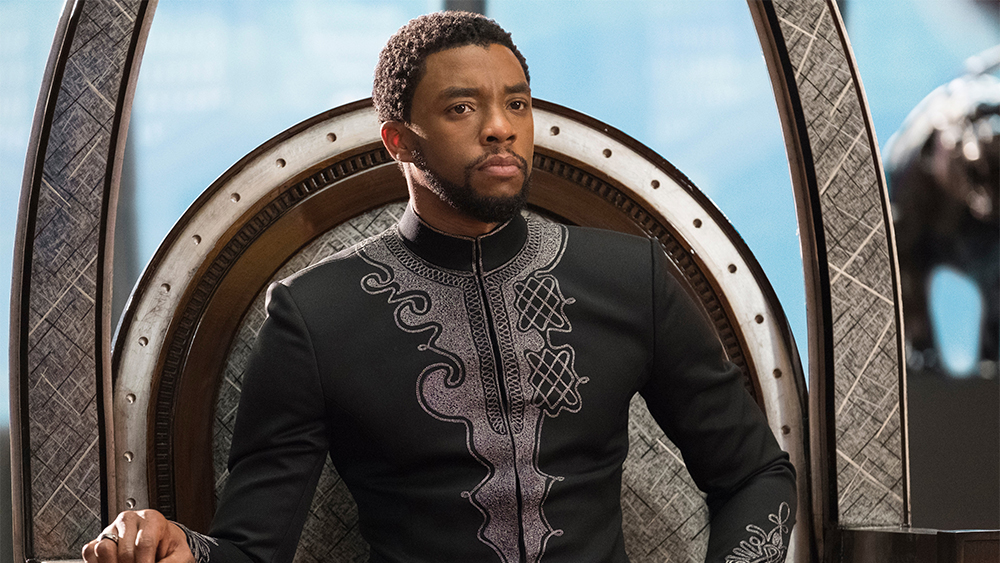Oscars: What Each Possible 2018 Best Picture Winner Would Mean
By Owen Gleiberman
LOS ANGELES (Variety.com) – One of the many fun things about the Academy Awards race is that it’s an animal that mutates — the mutations being shifts in perception, which have a way of turning into reality. This is supposed to be the winner, and then that suddenly zooms ahead, creating a momentum of expectation that becomes self-fulfilling. (Or not.)
It isn’t my role to predict which 2018 movie will end up winning best picture. I leave that to the Zen master Kristopher Tapley. As a critic, though, I’m drawn to how play out in the real world. I’m fascinated by the radar signals thrown off by any given best picture winner in any given year (or many years later), and by what that winner says about the state of movie culture in America. So I’m seduced by the fact that this year, best picture suddenly seems (perhaps) more wide open than it did just a month ago.
For a while, the conventional wisdom had it that “A Star Is Born” was the front-runner, and quite possibly a slam-dunk. And maybe it still is. But then “Roma” started to gather its juggernaut of year-end acclaim (topping 10 Best lists, critics’ awards, etc.), and since the Oscars, more so in recent years than in, say, the ’80s or the ’90s, have had a way of following critical fashion (“Moonlight,” “The Hurt Locker”), it suddenly didn’t seem out of bounds to say that the Oscar race might turn into “” v. “.”
More recently, one began to hear murmurings about “The Favourite”: Could it emerge as a dark horse? Then “Green Book,” which seemed to have gotten knocked out of the competition as a direct result of the Viggo Mortensen N-word flap, appeared to find its way back into the running with its hefty slate of Golden Globe nominations. And since the Oscars are all about time-honored, ironclad ways of doing things that remain firmly in place…until they get suddenly and totally up-ended, let’s not count out a certain paradigm-busting superhero movie. For a while, many believed that “Black Panther” wouldn’t even get nominated. Now that its nomination (in many categories) seems more assured than not, who’s to say — really! who? — that it can’t win?
Once again, though, it’s not my job to predict the outcome of any of this. I’m simply bringing up the six most obvious contenders in what feels very much like an open race. What I offer now is a survey of what each of these potential best picture winners would mean. What each one would say about where the movie industry is at, and how its victory might leave all of us feeling the morning after.
“”
I’m sorry, but in what universe should this movie not be winning the Oscar for best picture? A universe where Hollywood spends all its time concocting empty-calorie comic-book megahits, then finally makes one that becomes nothing less than a cultural event, stirring audiences all over the globe? Only to decide that no, why on earth would they want to honor a movie like that? All of which is to say that it would be a marvelous moment in American movie culture if “Black Panther” won best picture. Sure, no comic-book film has won before, but that would be part of its glory; this is the comic-book movie that should finally win. (Actually, “The Dark Knight” should have won, but that’s another story. ) And personally, I love the idea of the industry bowing down to the popcorn movies that are now its bread and butter — not every year, perhaps, but one year. Just do it. It will feel good. It will send a message that maybe we can still believe in Hollywood if Hollywood is willing, on Oscar night, to believe in itself.
“Roma”
It would be, far and away, the artiest film ever to win best picture; a decade ago, such a choice would have been unimaginable. But that was before the “Moonlight” revolution. The moment when Barry Jenkins’ film seemed, quite literally, to take the Oscar out of the hands of “La La Land” had an accidental crack-in-the-earth symbolism to it. That legendary TV glitch marked, in the catchiest way possible, a changing of the guard — an assertion of a new sensibility riding a new wave of younger, more diverse, more progressive Academy voters. If a comparable voting bloc turns out to support “Roma,” the signal it will send is that the Oscars are now about saluting creative purity more than they have ever been — even as the industry as a whole, with its tentpole franchises and reboots of remakes and global grosses, has never been less about creative purity. A paradox? Given what the business of Hollywood is the other 364 days of the year, you could call it a double standard. In the end, though, that might turn out to be the ultimate lure of voting for “Roma”: to express the belief that art can still thrive in a Hollywood that has never, on the surface, looked more indifferent to it.
“”
When it comes to the Oscars, never count out the appeal of the “Masterpiece Theatre” genre, which reaches all the way back to the era before there was a “Masterpiece Theatre.” “Tom Jones.” “A Man for All Seasons.” “Chariots of Fire.” “Out of Africa.” “The English Patient.” “Shakespeare in Love.” “The King’s Speech.” The point being that what all these films signify, in movie-industry terms, is the dramatic precision and seductive posh elegance of class. Every few years, when one of them wins, it’s a reminder that the image of actors traipsing around in historical costumes and wielding aristocratic accents like velvet scalpels exudes a timeless appeal for those who toil in the business of illusion. Of course, it helps when the film itself is terrific, and “The Favourite” is a baroquely scandalous and enthralling costume drama rooted in an up-to-the-minute vision of scheming as the main weapon that women of the royal court had at their disposal. If the movie wins, it will very much feel like the 21st-century answer to a classical Academy Awards tradition.
“”
Last fall, when I first saw this racially themed 1962 buddies-with-nothing-in-common road movie, I thought it had a clear chance to win best picture. It’s that kind of finely etched and wittily sincere lump-in-the-throat liberal crowd-pleaser. But its politics, in the eyes of some, are tainted by (it is argued) a certain patronizing quaintness that has lived past its cinematic sell-by date. So what will it mean if “Green Book” emerges from all that and wins anyway? It will mean not just that the movie strikes a powerful comedic-dramatic chord, but that the more traditional voices of Hollywood want the world to know that this is the sort of middlebrow humanistic movie that still resonates with them. It would represent, in many ways, a vote against the new wave of Academy members. There’s a paradox here as well: “Green Book” is a “crowd-pleaser” that pleased crowds a lot smaller than the ones that turned out for “Driving Miss Daisy” or “Rain Man” (the Oscar winners it most recalls). But that would be a way of signifying that in the new movie world, even a crowd can be that market-friendly thing: a niche.
“BlacKkKlansman”
It’s Spike Lee’s most electrifyingly connected-to-the-moment movie in decades, yet for a while it felt like it hadn’t quite leapt onto the Oscar train. Now, though, it seems like it’s not only on the train but going full speed ahead. It’s been 30 years since “Do the Right Thing,” and “” is no less heightened in its dramatization of the brutality of racial animosity. The film may seem like a long shot this year, but only if you count out Hollywood’s venerable obsession with movies that make social-political statements — and only if you forget that Lee, one of our great filmmakers, has been around long enough to be reaping the “It’s time” factor. If “BlacKkKlansman” takes best picture, it will be because no movie this year confronted and channeled the out-of-the-box hatred of the Trump era as scaldingly as this one. And that would be the message of its victory: that an Oscar winner can still pierce you with its relevance.
“A Star Is Born”
The movie that seems to have it all. It’s a mainstream love-and-showbiz story that’s beautifully made enough to be called a populist work of art. It’s the fourth remake of a tale that stretches back to the beginnings of Hollywood, yet unlike the 1976 Streisand-Kristofferson debacle, it’s set in a contemporary music world so authentic in its detail that it’s the best inside-pop movie since “Almost Famous.” And in Lady Gaga, the movie has something that’s going out of style: For this one film, at least, it really does show us a (movie) star being born. (Did I mention that Bradley Cooper gives the best performance by an actor this year?) Yet if “A Star Is Born” wins best picture, all of that will be only half of what its triumph ends up meaning. The other half relates to something that can also feel, these days, like it’s gone out of style: romance. For 100 years, the movies have been more than entertainment. In their projected-fantasy way, they’ve shown a great many people how to fall in love, and how to be in love. “A Star Is Born” winning best picture would be an assertion that that role, for movies, still thrives.
